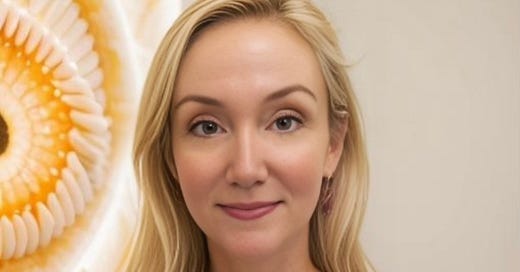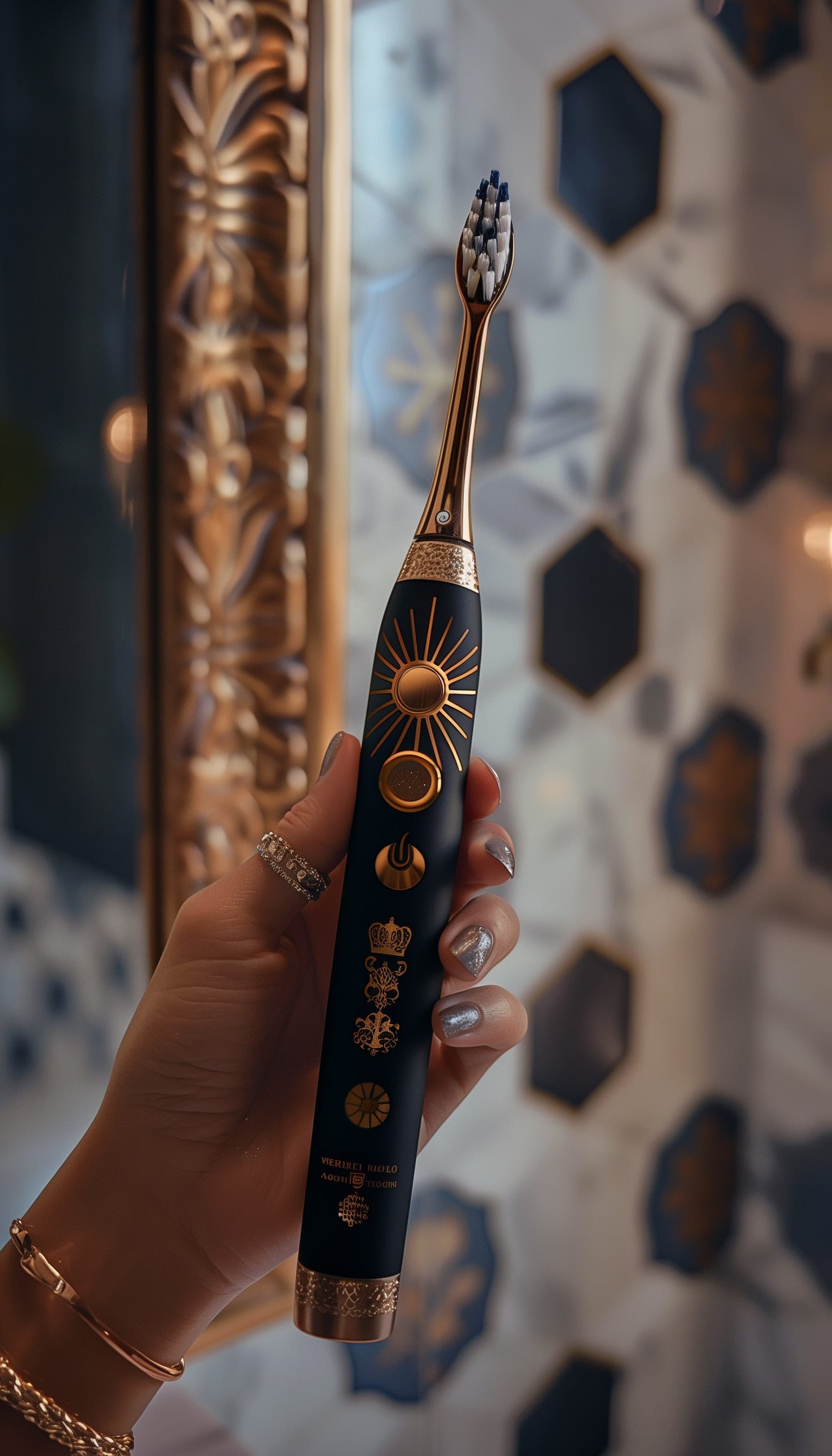As I settled into the dental chair for my routine cleaning appointment, I was greeted with a pleasant surprise—a new birthday cake flavor option for the cleaning scrub. Intrigued by this unconventional choice, I decided to give it a try, partly because my daughter had raved about it. To my delight, the buttery sweetness of the birthday cake flavor added an unexpected touch of enjoyment to the cleaning experience.
As my dental hygienist expertly maneuvered the water pick and cleaning tools, I couldn't help but appreciate the invigorating sensation of the water pick gently cleaning hard-to-reach areas. The combination of the birthday cake flavor and the refreshing feeling of the water pick made the cleaning process surprisingly enjoyable.
After the cleaning was complete, I ran my tongue over my teeth, reveling in the smooth, clean sensation that followed. It was as if my teeth had been polished to perfection, leaving behind a fresh feeling that instantly boosted my confidence.
Now, let's delve into the importance of dental hygiene and the numerous health benefits it offers:
Prevention of Tooth Decay and Cavities: Regular brushing, flossing, and dental check-ups help remove plaque buildup, preventing harmful bacteria from feeding on food particles left on teeth. Contrary to popular belief, it's not the bacteria directly eating teeth but rather the acidic byproducts of their digestion process that cause cavities. The way the hygienist described it to me today inspired me to want to clean my teeth more often.
Gum Disease Prevention: Proper oral hygiene practices reduce the risk of gum disease by removing plaque and tartar buildup along the gum line, promoting healthy gums and preventing inflammation and bleeding.
Fresh Breath: Good oral hygiene eliminates bacteria that cause bad breath, ensuring a fresh and pleasant breath that enhances social interactions and self-confidence.
Reduced Risk of Systemic Health Issues: Maintaining optimal oral health is linked to a lower risk of systemic health issues such as heart disease, diabetes, and respiratory infections.
Long-Term Cost Savings: Investing in preventive dental care, including regular cleanings and check-ups, can save money by avoiding costly treatments for dental issues that could have been prevented.
Historical Perspective: Protecting Teeth Through the Ages
Throughout history, people have employed various methods to protect their teeth and maintain oral hygiene. Here are some notable examples:
Ancient Civilizations: Ancient civilizations such as the Egyptians and Greeks used chewing sticks made from twigs to clean their teeth. They also utilized abrasive powders made from ingredients like crushed eggshells and pumice to scrub their teeth clean.
Medieval Europe: In medieval Europe, oral hygiene practices were rudimentary. People often used cloth or their fingers to clean their teeth, and sometimes they would chew on herbs like mint or parsley to freshen their breath.
Early Modern Era: During the early modern era, toothbrushes made from materials like boar bristles and animal bones became popular. Toothpaste, initially made from ingredients like crushed chalk or charcoal, evolved to include ingredients like baking soda and fluoride for better cleaning and protection against cavities.
20th Century Advancements: The 20th century saw significant advancements in dental hygiene products and practices. Nylon toothbrush bristles were introduced in the 1930s, making toothbrushes more effective. Fluoride toothpaste became widely available, contributing to the prevention of tooth decay.
Today, we have access to a wide range of dental hygiene products and services, from electric toothbrushes to professional dental cleanings. These advancements, combined with a better understanding of oral health, allow us to maintain healthier smiles than ever before. Prioritizing dental hygiene not only promotes a beautiful smile but also contributes to overall health and well-being. So, embrace the birthday cake flavor or whatever dental care options bring you joy, and remember to brush, floss, and schedule regular dental check-ups for a healthier future.
I dedicate this blog post to my great grandfather, Dr. James Coyle, who was a dentist.








